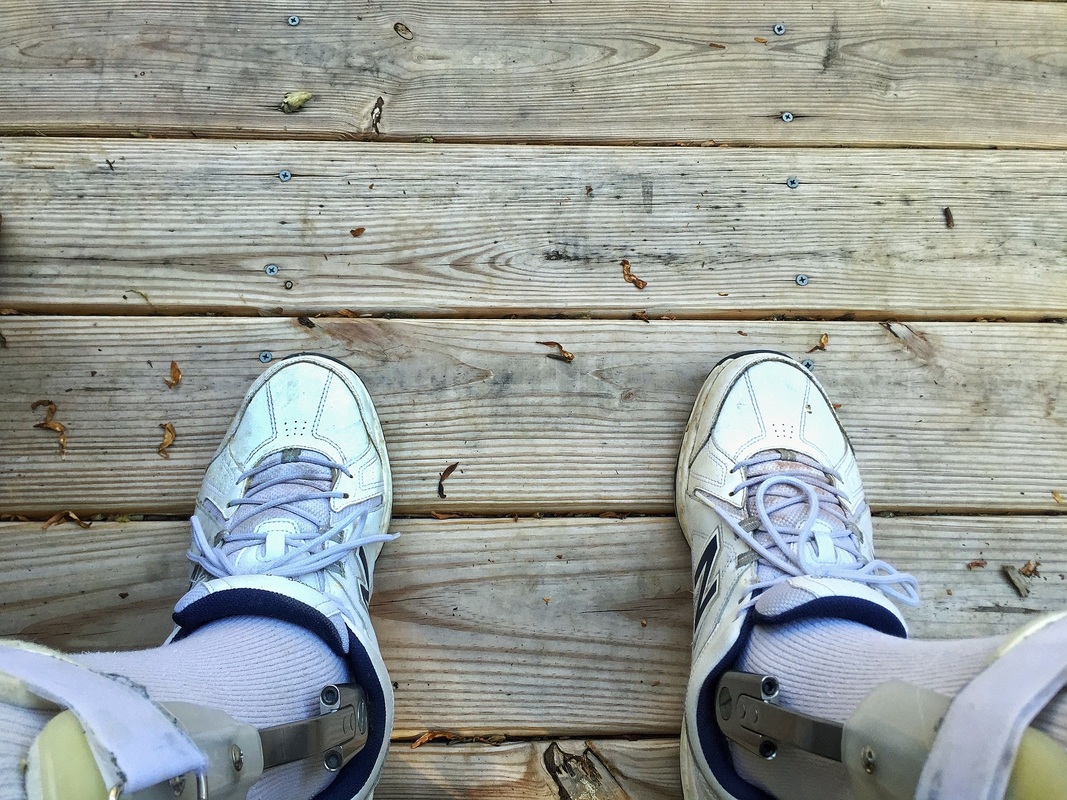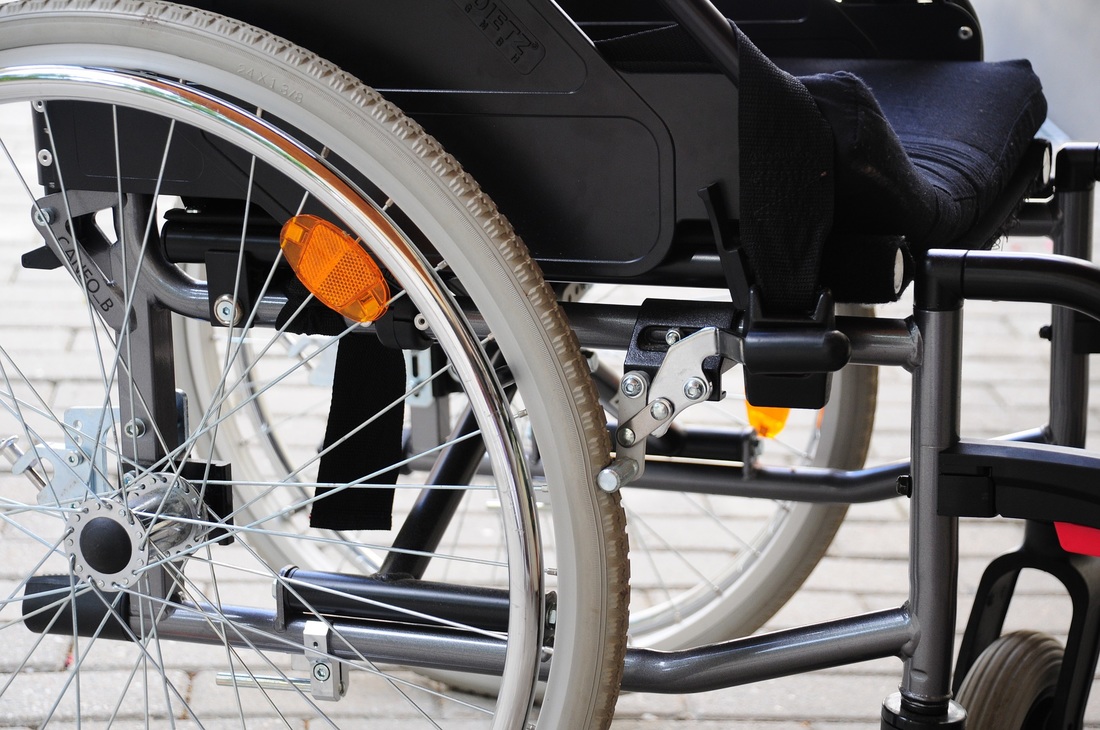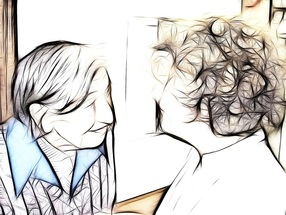The Americans with Disabilities Act celebrates the 26th anniversary of its signing by George H. W. Bush, on July 26, 1990. The ADA is a civil rights law that levels the playing field for people with disabilities in the areas of employment, access to programs and services of state and local government, access to healthcare facilities, education, retail establishments, and recreational venues open to the public at large, as well as access to and for communication and transportation.
“…Civil rights are not a guarantee of the good life, but an equal opportunity and responsibility to participate in producing the good life for oneself and for all. Government alone cannot implement ADA; this is a responsibility of all Americans…”
Article written by SeRonna Rodgers (see citation at end)
| As we celebrate the 26th birthday of the American Disability Act, we watch with pride how this has evolved for persons with disabilities. Numerous groups and agencies now act as mentors, advocates and resources to offer assistance to those with disabilities. The Center for Exceptional Families has a mission to work in collaboration with families and their local schools to promote an innovative approach to education services for individuals with disabilities. To help improve educational opportunities for students with disabilities, including students transitioning beyond high school. |
| We support children with disabilities and their families, students transitioning beyond high school, the local school districts and other state and community based providers, and advocating for children and adults with disabilities, as outlines in federal laws IDEA, ADA, and Section 504. You can learn more about the resources and opportunities the center provides at: www.thecenterforexceptionalfamilies.org www.facebook.com/ExceptionalFamilies Or you can contact Lakesha Whitman at: [email protected] 1. Source: SeRonna Rodgers, Director of Operations at Disability Resource & Advocacy Center, www.ar-drac.org or www.facebook.com/Disabiity-Resource-Advocacy-Center or 870.246.8600 |







